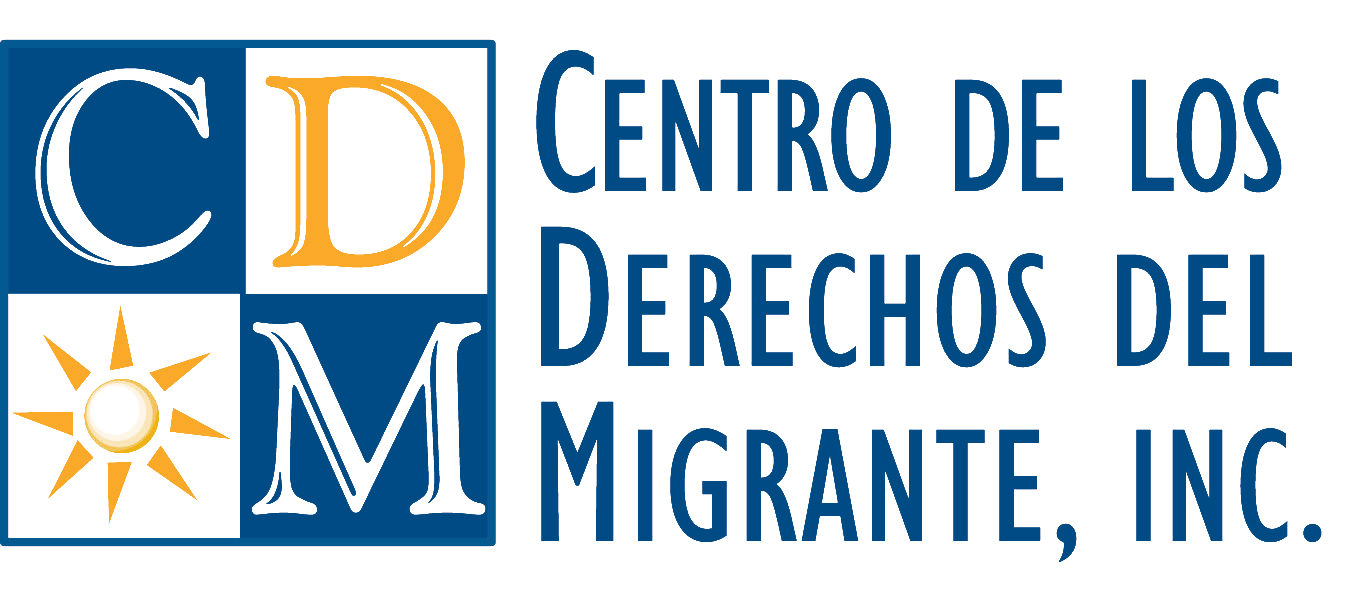H-2B Final Rule Fact Sheet February 2012
February 2012
CENTRO DE LOS DERECHOS DEL MIGRANTE
FACT SHEET ON THE 2012 DEPARTMENT OF LABOR FINAL H-2B RULE
On February 21, 2012, the US Department of Labor published the new Final Rule: Temporary Non-agricultural Employment of H-2B Aliens in the United States. The new rule is a win-win-win for migrant workers, US workers, and law-abiding employers. It will ensure that employers do more to recruit workers at home before they tap a vulnerable labor pool abroad. The rule will also protect H-2B migrant workers from exploitation in recruitment by banning foreign labor recruiters from charging certain fees and requiring employers to pay visa and travel costs. In support of these changes, the final rule cites to Picked Apart: The Hidden Struggles of Migrant Worker Women in the Maryland Crab Industry, an investigative policy report written by CDM and American University Washington College of Law.
A fact sheet from the National Employment Law Project about the H-2B program and common program abuses that harm workers is attached and available here.
Key provisions in the new rule include:
- Job Contract. Employers will be required to provide a copy of the job order to each H-2B worker in a language the worker understands no later than when the worker applies for the visa. Recruiters often make false promises about pay and working conditions in the United States. The job contract will help prevent fraud in recruitment and will hold employers accountable for the wages and conditions that they promise. 20 CFR § 655.20(l), 29 CFR § 503.16(l)
- Contractual Prohibition on International Labor Recruitment Fees. In their contracts with recruiters, employers will be required to specifically prohibit recruiters from charging international labor recruitment fees. This will help prevent workers from going into debt just to get a job. 20 CFR § 655.20(p), 29 CFR § 503.16(p)
- Three-Fourths Guarantee. To prevent over-recruitment and the benching of guestworkers, employers of H-2B workers will be required to pay them at least three-quarters of the hours promised in the work contracts for each 12-week period (and for workers with contracts that are shorter than 120 days, each 6-week period). In the past, H-2B workers have been brought to the United States and then given little or no work, while paying high costs for housing and food. 20 CFR § 655.20(f), 29 CFR § 503.16(f)
- Reimbursements for Visa and Travel Fees. Employers will be required to pay or reimburse workers for the full amount of inbound travel and subsistence after a worker completes 50 percent of the employment contract. Employers will also be required to provide outbound transportation and subsistence for migrants who work until the end of the job order or who are dismissed for any reason before the end of the job order. 20 CFR § 655.20(l), 29 CFR § 503.16(l)
- Improved Transparency in International Labor Recruitment. Employers will be required to provide the Department of Labor with a copy of all agreements with any agent or recruiter with whom they engage or plan to engage in recruiting H-2B workers. 20 CFR § 655.9
- Job Registry. A national electronic job registry for all H-2B job orders will be created so that workers across the United States know about job opportunities. 20 CFR § 655.34
- Recruitment of US Workers. Employers will be required to keep records documenting their recruitment of US workers and to accept referrals of unemployed workers from state workforce agencies. 20 CFR §§ 655.20-.48 and 29 CFR § 503.16(t)
- Offer to Rehire Provision. Employers will be required to offer to rehire certain former employees when they are available and recruit and hire US workers for a longer period of time. 20 CFR § 655.20(w)
- No Retaliation. Employers will be prohibited from retaliating against US and H-2B workers for engaging in concerted activity. 20 CFR § 655.20(n)


